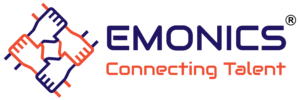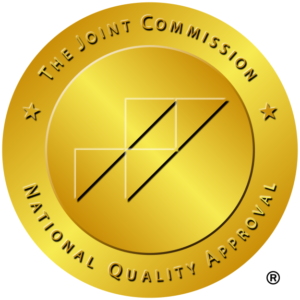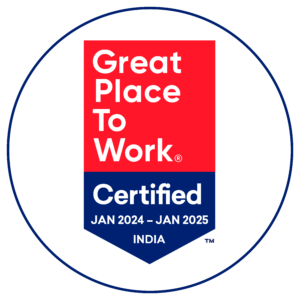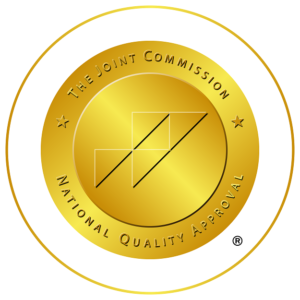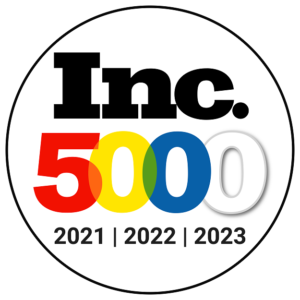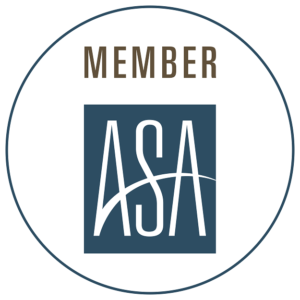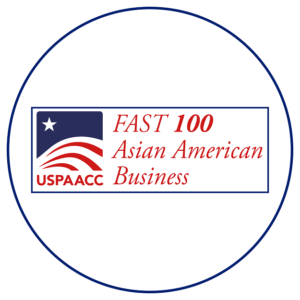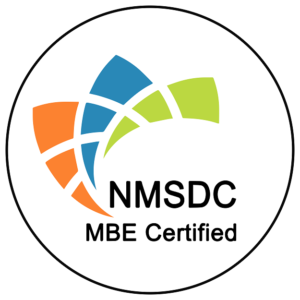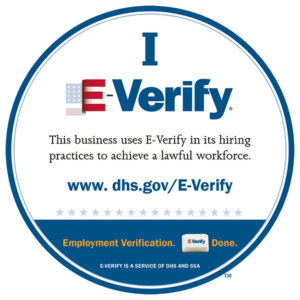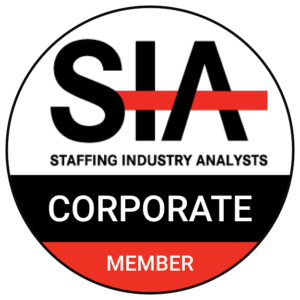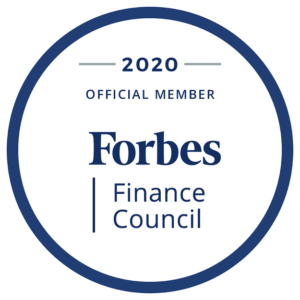Significant Changes To Job Interviews You Need To Prepare
If you’re in a job search or are planning to be there soon, you know the stakes in this competitive market are high. The interview is a big part of the process where many job seekers are routinely under-prepared. We see candidates often spend more time planning their outfit than their content.
While it certainly has an impact on what you wear, what you share earns a bid. Then just as you figured the interview couldn’t get any more difficult, the latest pandemic has changed up the game in new ways, and there are a few additional things you need to be ready for if you want to stand out and achieve a fantastic next move in your career.
Although you will no longer have to worry about the grip of your handshake, here are three new aspects that will be important in your next job interview to focus on:
You need to configure the environment
Although video teleconferencing has become more commonplace over the last few years, the use of this tool for job interviews has dominated in the past few months due to social distancing, which means standards for a near-flawless execution have also skyrocketed. Fumbling through the process while experiencing distractions and technical difficulties is not an option, so it is up to you to master the platforms that are used and practice in advance so that you appear confident in solving any unforeseen challenges.
And now, instead of showing up at a building where you meet in a conference room or office, you need to set the stage for the interview environment, which requires some further preparation and can have a major impact on the outcome. You’ll need to consider lighting, connectivity, audio quality, ambient noise, background visuals, and video angles just to name a few, as the host of at least one side of the interview space.
Everything counts and will be part of the evaluation as it is likely that you will regularly use video technology to communicate with customers in the new role, perhaps, so the interview has become a kind of audition.
Interviews are inherently anxiety-provoking and there is a lot you ‘re not going to be able to control, so it’s in your best interest to control the environment as much as you can. The ball for a lot of that is now in the court of the job seeker.
You ‘re going to be asked how you tackle this pandemic. On a positive note, employers in the near future should be more tolerant of resume shortages and layoffs due to the massive turmoil in the work market over the last few months. A more commonly asked question about candidates, however, is, How did you treat the job during Covid-19? They don’t ask about your hand-washing routine or animal-themed mask collection. More often than not, during a crisis, they assess your leadership, creativity, and adaptability.
As you prepare, consider your audience’s greatest pain points and which skills would be of most value for them to hear about. For example, one of the goals of our team was to ensure that our customers were kept updated during our transition to remotely working, so I worked with our IT department to set up a new email address that would be monitored after hours to respond to customer inquiries, which helped reduce interruption in response times.
If you’ve been furloughed, describe the new skills you’ve developed, the relevant online courses you’ve completed, the volunteer efforts you’ve participated in across your community, or how you’ve supported three online-educating school-age children. Although there is not inherently a correct or wrong response, there are definitely ways in which you can be pragmatic in your response to illustrate your positive qualities as opposed to losing an opportunity to highlight specific skills by not thinking about your answer in advance.
It just got harder to learn about company culture. Part of the interview process is analyzing the organization and the work fit for yourself as the recruiting manager considers your skills and fits in with it. During an in-person interview, a major piece of the puzzle is always uncovered when you have the opportunity to experience the building layout, the relationships of the staff, the set-up of the workplace, and the overall office atmosphere. Most of this detail is often muddled or lost with in-person interviews on hold or in offices that have been dramatically restructured to comply with social distancing guidelines.
However, culture is an important part of your future happiness and career success in a new role, so understanding what your new employer will expect is worth exploring other strategies. Ask to talk with people who you will be interacting with, like supervisors, coordinating teammates, and direct reporters. To show reviews or posts about the company, using online resources such as Glassdoor, Twitter, and even LinkedIn. Tap the network to get honest reviews on their client job experience. Inquire creatively with your questions: Who was the last person on the team to receive an award and what was it for? Can you illustrate the recent team conflict and how it has been handled? , What are the top features of the best team members? These kinds of questions demonstrate your interest in seeking a common match and are more difficult for others to respond with a canned response.
And here are some important aspects of a successful job interview strategy that have not changed just for good measure:
Don’t count on an excellent interviewer
It is your responsibility to leave the messages which convey your value proposition on the table. This includes what skills and abilities you bring to the role that will help resolve the biggest problems facing the department and lead to increased success. You need to study the business, industry, main players, and competition to do this effectively, and then build the messages you want to convey during the interview to illustrate how you’re the candidate of choice, regardless of what questions you’re asked. Unfortunately, there are many untrained interviewers in the world and after being passed over, it’s no comfort to lament that you weren’t asked the questions you ‘d been anticipating. Click here to nail it.
The group will be able to bet that the only time they have demonstrated out loud during an actual interview was with other job applicants. This is not where you want to uncover your mistakes, and that perfectly curated message in our minds loses something when it comes out of our mouths for most of us. As someone who has worked in corporate recruitment to interview eight-plus candidates on a daily basis, it is very obvious who took the time to prepare. If possible, make a huge favor of yourself and practice with a friend, a video tool, or at least a mirror. You will be happy that you have done so.
Conclusion
While not a part of the interview, negotiating the offer is the final move before accepting the job and maybe the one and only time you have leverage as a candidate in the hiring process. Don’t waste it. You may feel lucky in the current economy to just get the offer, but don’t forget that you’re providing a valuable service that helps the firm’s bottom line, and it’s worth making sure you’re paid market value. And while the market value might be changing, there are other facets of compensation beyond the regular wage that you may negotiate to work more efficiently from home, extra sick days, or even a later start date, such as equipment. It is important to be mindful that if an organization has just undergone a huge layoff and there is a lot of competition for your place that you may not get what you want.
